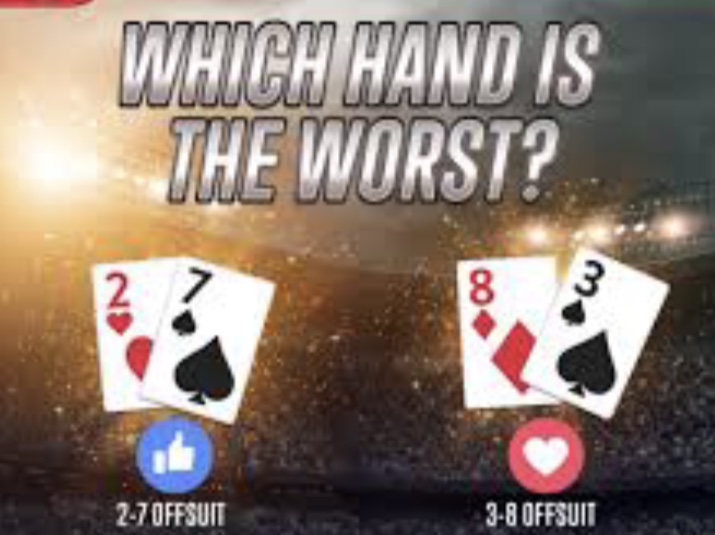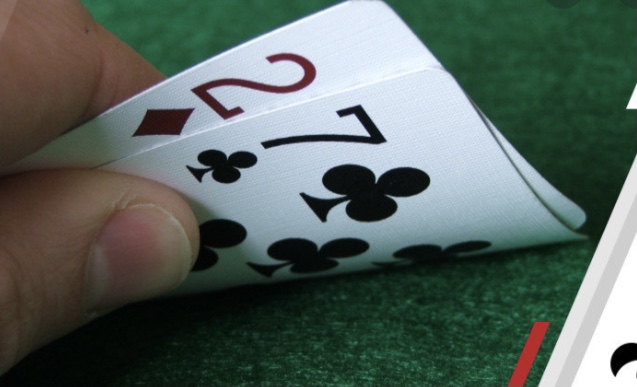Avoiding costly errors
AVOIDING COSTLY ERRORS
There are two major mistakes that most players make pre flop. They are so costly, and the opportunity to make them so frequent, that no one prone to making them has a long term win in this game. They are;
1. PLAYING WEAK HANDS OUT OF POSITION, PARTICULARLY WEAK OFFSUIT HANDS
2. COLD-CALLING RAISES WITH MEDIOCRE AND POTENTIALLY DOMINATED HANDS (this is a good way to tell whether the opponents know the game or not - if they are doing too much cold calling)
Playing weak hands out of position
Many hands require specific playing conditions to be profitable. For instance, some need the pot to be unbiased or multi-way. Others are better with few opponents. In early position you must act before you know which conditions will be present. For instance, if you limo in up front with a hand like J ♠️ 9 ♠️ or Q ♥️ J clubs you are counting on the pot not being raised behind you. If it is raised, your call will have been unprofitable. You should call the raise (the pot will be too big to fold), but you will wish that you had folded for the first bet. By wading in up front with a marginal hand, you have unwittingly wandered into a costly situation.
You should also avoid weak marginal hands up front because they tend to make marginal hands on the flop (which is one reason they are weak). Much of the value that marginal hands have is lost when you play out of position!
J ♠️ 9 ♠️ will often flop mid pair, a gutshot draw, or a back door flush draw. You would generally like to see fourth street with these weak draws, if you flop a GUTSHOT, it will often be profitable to call one bet.
Weak offsuit hands are significant losers when out of position. Hands like K ♠️ 10 ♥️ are extremely vulnerable to domination. Since it makes few straights and flushes, king ten relies heavily on on its ability to make top pair. King tens potential is crippled by hands like KQ, AT, or JJ.
”Small Stakes hold’em”
COLD-CALLING RAISES WITH MEDIOCRE HANDS
This is the second major error. “Cold-calling” is calling two or more bets when you have not yet invested any money. (Calling a raise from the blind or calling one bet back to you after you have limped in is not cold-calling.)
When someone raises, it typically indicates a strong hand. Unless you are in the big blind, you should usually play only hands that are strong enough to refrained the raiser (against a tight raiser, pocket aces through jacks and ace-king). If the pot is very likely to be multi-way, you can flat call with a few other hands. Even if there is one raise behind you, you would wish you had not made the first call, though, in that case, you would have to fold the raise.
Specifically smaller pocket pairs and some strong suited hands (eg Q ♥️ J ♥️). Two or three other hands - ace/Queen suited, ace/Jack suited, and king/Queen suited - are also marginally profitable. You should fold everything else. This means that you must play extremely tightly if someone has raised in front of you.
‘All advice provided by Small Stakes hold-’em how to crush the micro stakes games.’
GOOD LUCK AT THE TABLES ALL - From my experience of playing, it is definitely wise to listen to this advice from David Sklansky’s Small Stakes hold-’em how to crush the micro stakes games.
Happy New Year all!




